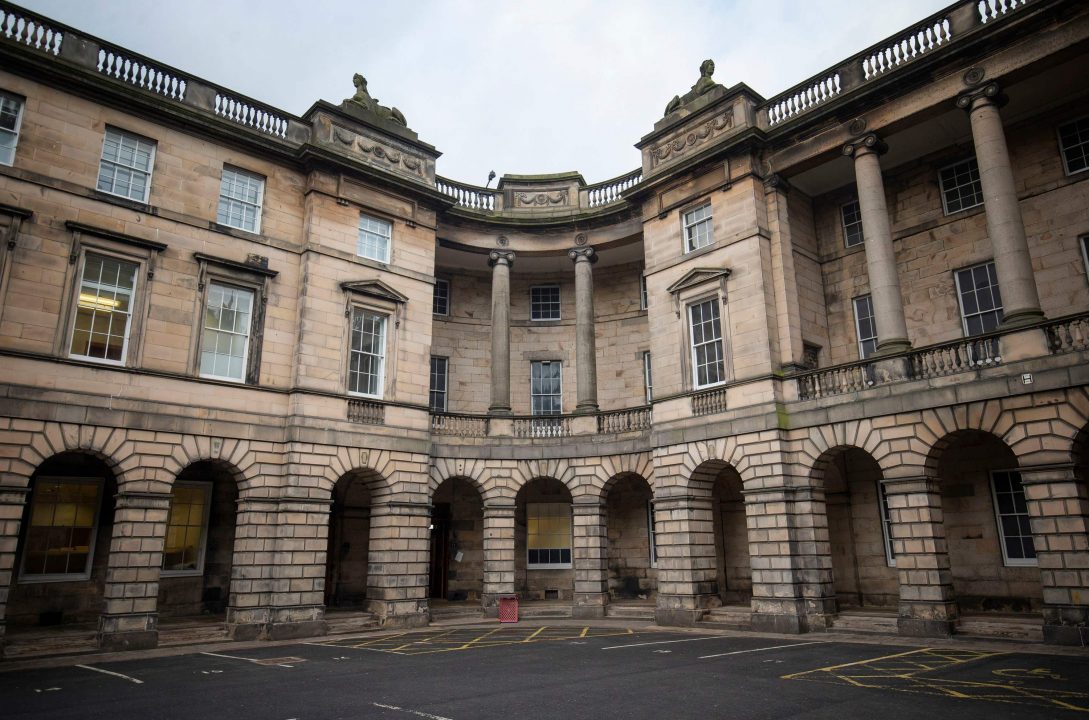The Scottish Government was required to take extreme measures to tackle coronavirus while trying to strike a balance over personal freedoms, a court has been told.
A group of 27 church leaders launched a judicial review at the Court of Session arguing that Ministers acted outwith their powers when ordering the closure of places of worship under emergency legislation.
However, at a virtual hearing on Friday, it was heard that the dispute was not over religious freedom – which is an “absolute” right – but rather how the decisions were reached.
James Mure QC, for the Scottish Government, said: “These are judgements which ultimately have to fall to government to make and they are accountable for their decisions – particularly in the Scottish Parliament, which has scrutinised these decisions, considered and approved them in the Scottish Parliament.
“It reflects the underlying fact that there has to be a government to take this decisions, to strike a balance.
“No rights or interests can be taken to be immanent [intrinsic] above all others.
“This is an unprecedented situation in a modern democracy,
“This is essentially a case about judging the substance and impact of the regulations – and not the process that brought them into being.”
He added: “The modelling, the productions about NHS capacity, the sharp rising deaths – which we now know; December, January and February were very bad months – all these demonstrated that extreme measures were required.”
It was argued previously that all places of worship were targeted for closure as they were a “soft target” and the Scottish Government preferred a blanket ban to avoid claims of discrimination between faiths.
Aidan O’Neill, representing additional party Canon Tom White, argued it had been “overkill” to criminalise communal worship.
Mr Mure said the criminal aspect was for going outside for an unacceptable reason and that a number of civil options were available before using the full force of the law.
The court was also previously told there is a constitutional settlement separating the powers of the church and state, with Ministers accused of crossing that line.
Janys Scott QC, representing the group of 27 church leaders, said communal worship was deemed as essential for her clients as food.
Mr Mure said the Government had struck a balance with fears over public health in its decision-making and had acted correctly.
The hearing before judge Lord Braid continues.
Follow STV News on WhatsApp
Scan the QR code on your mobile device for all the latest news from around the country


 PA Wire
PA Wire

























